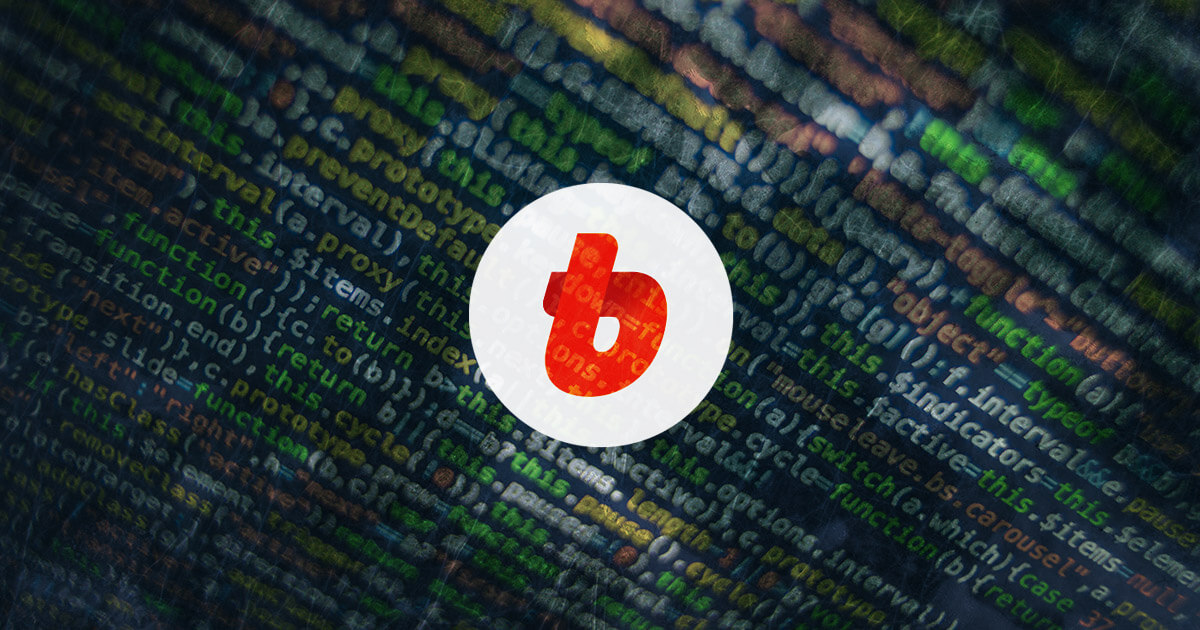Bithumb Splits Business as It Eyes Late 2025 IPO
23.04.2025 9:00 1 min. read Alexander Stefanov
Amid rising regulatory pressure and political uncertainty in South Korea’s crypto sector, Bithumb is restructuring its business in a strategic move ahead of a planned IPO.
By July 31, the exchange will spin off its non-core operations into a new entity, “Bithumb A,” leaving the main platform with a 56% stake and the new company with 44%. The split aims to shield Bithumb’s core trading business from external risks and streamline its path toward public listing.
The IPO is targeted for late 2025, with Samsung Securities as lead underwriter. While a domestic listing is the likely choice, a Nasdaq debut remains under consideration.
This comes after a strong 2024 performance, with Bithumb reporting $110 million in net profits—a sharp rebound, though still behind rival Upbit.
Despite financial gains, Bithumb has faced mounting regulatory issues, including a KYC-related suspension and sanctions on parent company Dunamu. By separating its operations, the exchange hopes to navigate compliance hurdles more effectively while strengthening investor appeal.
Whether Bithumb’s listing lands in Seoul or on Wall Street, the company is signaling its ambition to become a major global force in crypto.
-
1
Top Nvidia Leaders Set to Cash Out as Stock Surges
31.05.2025 12:00 2 min. read -
2
Pump.fun Reportedly Planning Massive Token Sale Despite Revenue Drop
04.06.2025 20:00 2 min. read -
3
Brad Garlinghouse Rejects Rumors of Ripple-Circle Acquisition Deal
04.06.2025 19:00 1 min. read -
4
Changpeng Zhao Wants to Hide Your Liquidation Points — Here’s Why
03.06.2025 11:00 1 min. read -
5
S&P 500 Poised for Major Rally as AI Momentum and Technical Patterns Align
04.06.2025 15:00 1 min. read
Coinbase Picks Luxembourg for Its New EU Headquarters, Secures MiCA License
Coinbase has chosen Luxembourg as the base for its European operations after obtaining a Markets in Crypto-Assets (MiCA) license from the country’s financial regulator, the Commission de Surveillance du Secteur Financier (CSSF).
Tether Now Among World’s Largest Holders of U.S. Treasuries, CEO Says
Tether’s CEO Paolo Ardoino claims the stablecoin giant has become one of the biggest holders of U.S. Treasuries globally, further highlighting the growing role of digital assets in international finance.
OKX and MetaMask Join Forces to Boost Decentralized Trading Efficiency
OKX has teamed up with Ethereum development firm Consensys to integrate its decentralized exchange (DEX) aggregator into MetaMask, giving users access to faster, more efficient token swaps across over 500 DEXs on 25 blockchains.
Big Funds Sell $51B in May, But Buybacks Cushion U.S. Stock Market
Large institutions accelerated their retreat from equities last month, unloading roughly $50.8 billion in U.S. shares, according to S&P Global.
-
1
Top Nvidia Leaders Set to Cash Out as Stock Surges
31.05.2025 12:00 2 min. read -
2
Pump.fun Reportedly Planning Massive Token Sale Despite Revenue Drop
04.06.2025 20:00 2 min. read -
3
Brad Garlinghouse Rejects Rumors of Ripple-Circle Acquisition Deal
04.06.2025 19:00 1 min. read -
4
Changpeng Zhao Wants to Hide Your Liquidation Points — Here’s Why
03.06.2025 11:00 1 min. read -
5
S&P 500 Poised for Major Rally as AI Momentum and Technical Patterns Align
04.06.2025 15:00 1 min. read


